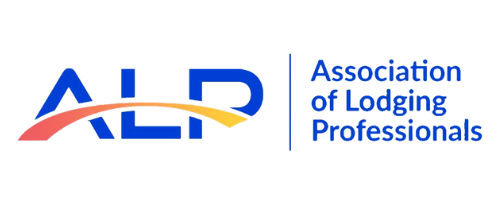Call to Action for North Carolina Members!

Call to Action for North Carolina Members!
NC Call to Action SB 667
The ALP Advocacy Committee has been tracking numerous State Bills this legislative season. We have seen another year where the regulation of short-term rentals is still a hot topic affecting the lodging industry, and many proposed bills have been introduced. Many bills have involved state preemption, where the state limits or eliminates local government control. One such bill in North Carolina is SB 667.
This bill significantly limits cities or counties' ability to regulate short-term rentals, with the exception of requiring a permit and monitoring major public/safety hazards. Although this bill will not likely be scheduled for hearing this legislative season, it is important to let your legislator know your objections so it is not re-introduced next year.
The following Sample Letter may be used to send to your legislator. Click here to find your legislator.
SAMPLE LETTER (for customizing)
{Legislator’s or local official’s name}
Representative District/State
Mailing address
RE: Opposition to SB 667
Dear{(Legislator’s name):}
SB 667 should be opposed for two reasons: (1) it treats short-term rentals as a special class of transient rentals not subject to basic regulations and taxes as traditional lodging establishments, and (2) it severely limits regulatory authority for local governments to ensure the best environment for their community, both residential and commercial.
As the owner of a lodging establishment located in North Carolina, I am concerned with the rapid growth of short-term rentals and the lack of regulation in my community. SB 667 severely limits a municipality from determining what is in the best interest of their specific community and would result in a “one size fits all” approach.
Traditional lodging establishments are subject to detailed health and safety inspections, providing proof of liability insurance and collecting room or transient tax. Such requirements are in the interest of maintaining public safety for the guests staying at the lodging establishment and maintaining the needed infrastructure of the community.
Required inspections are to ensure the health and safety of lodging guests. Short-term rental guests should receive the same protection. In the case of an accident, the guests should be covered by the owner’s liability insurance.
Guests of established lodging facilities pay taxes, adding to the marketing structure designed to promote that area. Many short-term rental guests are not paying lodging tax, yet the owner benefits from the infrastructure and funds paid by traditional establishments. Why would someone go through the licensing process and be subject to regulations and taxation if they can merely list their property as a short-term rental, thereby avoiding those requirements?
Short-term rentals are already integrated into the lodging industry without being subject to current regulations and standards designed to protect public safety and pay taxes that benefit the community. These issues are long-standing and need to be addressed. Who is better suited to address these issues than the local government elected by the people of that community?
Sincerely,
SIGN YOUR NAME
Print your name
Street address
City, State, Zip code
Powered By GrowthZone
